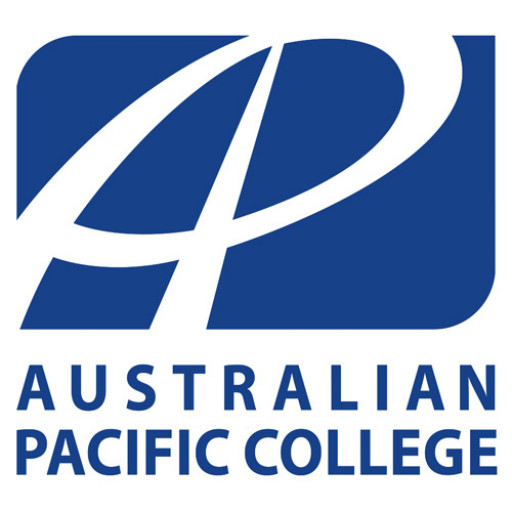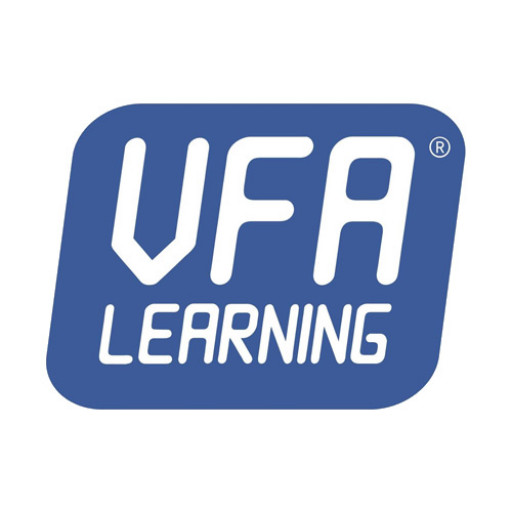The Children and Families Ministry program offered by the University of Divinity is designed to equip students with the knowledge, skills, and spiritual insights necessary to serve effectively in ministry contexts focused on children and family life. This comprehensive program explores the theological foundations of childhood and family, emphasizing the importance of nurturing faith communities that support families at every stage of their journey. Students will engage with topics such as Child Theology, Family Dynamics, Pastoral Care for Children and Families, and Community Engagement, gaining a well-rounded understanding of both biblical principles and contemporary issues affecting families today. The curriculum combines academic rigor with practical application, encouraging students to develop ministerial competencies suited for a variety of settings, including parish ministry, church-based youth work, and community outreach programs. Through coursework, field placements, and reflective practice, participants will learn how to design and implement programs that foster spiritual growth, resilience, and healthy family relationships. The program also emphasizes the importance of cultural sensitivity and inclusivity, preparing students to serve diverse populations effectively. Graduates of the Children and Families Ministry program will be equipped to lead initiatives that support children and families in faith communities, promote holistic well-being, and advocate for the needs of children and families within society. This program is ideal for those called to ministerial roles involving children and families or for existing church leaders seeking to deepen their understanding and impact in these vital areas of ministry.
The Children and Families Ministry program at the University of Divinity is designed to equip students with comprehensive knowledge and practical skills necessary for effective ministry and support within families and child-focused communities. This program offers a thorough exploration of theological, developmental, and pastoral concepts relevant to working with children and their families in diverse settings. Students will study core subjects such as child development, family dynamics, pastoral care, and community engagement, providing a well-rounded foundation for ministry practice. The curriculum emphasizes the importance of spiritual formation, ethical considerations, and cultural sensitivity when engaging with children and families from various backgrounds. Through a combination of lectures, workshops, and practical placements, students gain hands-on experience and are encouraged to develop innovative approaches to ministry that promote family well-being and community cohesion. The program also addresses contemporary issues affecting children and families, such as mental health, social justice, and the impact of technology. Graduates will be prepared to serve in churches, community organizations, educational institutions, and policy settings, contributing to the spiritual and emotional care of children and families. The program aims to foster a reflective and compassionate approach to ministry, emphasizing the transformative power of faith-based support. Overall, the Children and Families Ministry program provides a rigorous academic environment complemented by practical training opportunities, ensuring students are ready to make meaningful contributions to the well-being and spiritual growth of children and families in various contexts.
The Master of Children and Families Ministry program at the University of Divinity is designed to equip students with comprehensive knowledge and practical skills necessary for effective ministry within children and family contexts. The program's curriculum emphasizes biblical foundations, theological methodologies, and contemporary issues impacting children's and families' spiritual and social well-being. Core subjects include Systematic Theology, Christian Education, Pastoral Care, Youth and Family Ministry, and Church Leadership. Students engage in both theoretical study and practical placements to develop hands-on experience in ministry settings. The program also explores cultural diversity and inclusive practices to prepare students for diverse community engagements. Assessment methods comprise essays, presentations, reflective journals, and placement reports. The program generally requires the completion of 120 credit points, including a research thesis or major project that demonstrates scholarly inquiry and practical application. Admission prerequisites typically include a bachelor’s degree in theology, ministry, or a related field, along with relevant ministry experience. The program fosters critical thinking, pastoral sensitivity, and innovative approaches to children and family ministry, aiming to prepare graduates for leadership roles within churches, faith-based organizations, and community agencies. It is delivered through a combination of on-campus lectures, online learning modules, and supervised fieldwork, ensuring flexibility and comprehensive engagement. The institution emphasizes the integration of faith, practice, and theory to develop reflective practitioners committed to serving children and families holistically.
The Master of Children and Families Ministry program at the University of Divinity offers a range of financing options to support students throughout their studies. Tuition costs for the program are structured to be affordable and are subject to annual review. Students are encouraged to explore different funding avenues to facilitate their academic pursuits, including government loans, scholarships, bursaries, and sponsorships. The university provides detailed guidance on applying for financial aid through various channels, including state-funded loan schemes for eligible domestic students. Additionally, students may access scholarships specific to ministry and theological studies, which are awarded based on merit, financial need, or specific criteria related to the field of children and family ministry. The university has partnerships with church organizations and community groups that sometimes offer sponsorship or bursary opportunities for students committed to serving in ministry roles after graduation.
International students are also advised to investigate scholarship options available for international applicants, as well as potential financial assistance from their home countries. The university's fee structure is transparent, with clear outlines provided for tuition costs per unit and total program expenses. Payment plans are often available to ease the financial burden, allowing students to pay tuition fees in installments across the duration of their studies. Furthermore, students are encouraged to seek external funding options, such as charitable foundations and ministry grants, which sometimes support students pursuing theological education with a focus on children and family ministry.
The university recommends that prospective students start their financial planning early, taking advantage of informational sessions and financial advising services offered by the institution. These services help students understand eligibility criteria for various funding sources and guide them through the application processes. The university also emphasizes the importance of maintaining good academic standing and engagement with the program as prerequisites for most financial aid programs. Overall, the financing studies in the Children and Families Ministry program are designed to be accessible, with multiple support pathways intended to reduce financial barriers and enable students to focus on their academic and spiritual development in this vital area of ministry.
The Children and Families Ministry program offered by the University of Divinity is designed to provide students with a comprehensive understanding of the biblically grounded, theologically informed, and practically equipped approaches to serving children and their families within various faith communities. While detailed curriculum specifics are not publicly available, the program likely covers foundational aspects of child development, family dynamics, pastoral care, and community engagement, aiming to prepare students for roles in church-based ministries, counselling, social services, or community outreach related to children and families. The program emphasizes integrating faith with practical skills, understanding diverse family structures, and fostering inclusive and nurturing environments that support the spiritual and emotional well-being of children and their families. It may include coursework in theology, ministry practice, ethics, child psychology, and program administration, providing a well-rounded educational experience. Given the University of Divinity’s focus on theological studies, students can also expect an emphasis on Scripture, doctrine, and spiritual formation, contextualized within contemporary challenges facing families today. The program likely offers flexible study options, including part-time study and online components, to accommodate working professionals and community leaders. Graduates of this program are positioned to serve effectively in church ministries, faith-based social work, and community organizations dedicated to supporting children, youth, and family development. Overall, the Children and Families Ministry program aims to cultivate compassionate, knowledgeable leaders committed to fostering faith-based initiatives that enhance the lives of children and their families within faith communities and beyond.









